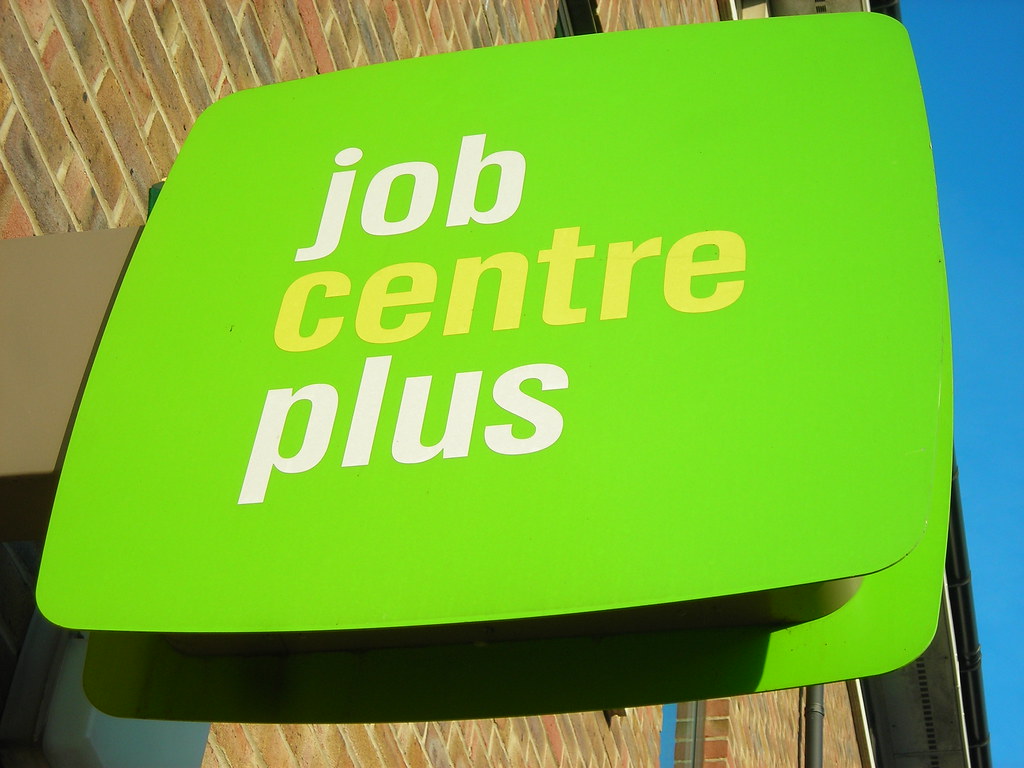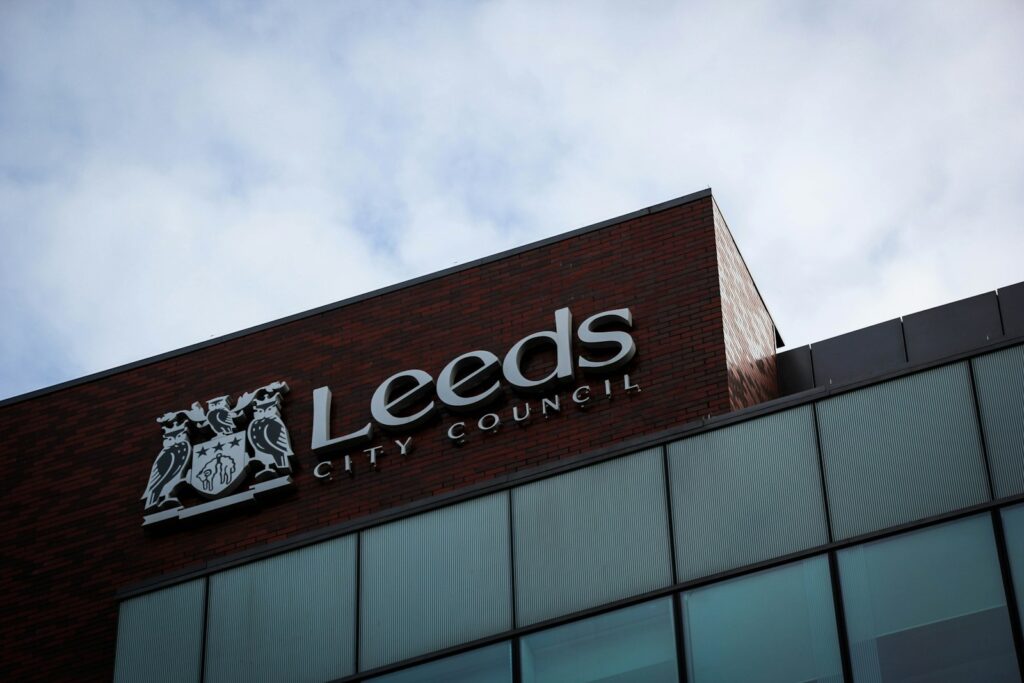At the Centre for Local Economic Strategies (CLES) we believe that all local social and economic decision–making should have, at its heart, a drive to reduce inequality and poverty.
We know from working alongside local authorities, housing associations, charities, the private sector, and a never-ending list of passionate individuals and communities, that poverty cannot be ‘solved’ by one organisation. Instead, it takes whole-system approaches that bring together the expertise and experiences of a vast range of stakeholders in an intelligent, joined-up approach.
Increasingly, as a not-for-profit organisation interested in both economic and social growth, we have become particularly interested in two parallel agendas currently at full-steam across the UK: local economic growth and public sector reform. If efforts are made to join-up stakeholders involved in these two agendas, there is a genuine opportunity to connect individuals experiencing severe and multiple disadvantage – who typically use a high number of services so are a key focus of public sector reform – to the employment opportunities brought about by economic growth.
‘Tackling poverty needs whole-system approaches that bring
together a range of stakeholders in an intelligent, joined-up approach.‘
There is currently perhaps no place in the UK where these two agendas are more visible than Manchester, where the CLES office is based. Manchester is the centre of Osborne’s ‘Northern Powerhouse’ of economic growth, and also at the forefront of major public sector reform initiatives such as Troubled Families, and, of course, devolution.
Yet at the same time, as previous research commissioned by Lankelly Chase demonstrated, Manchester has the fifth highest rate of individuals experiencing severe and multiple disadvantage out of 360 local authorities across England. It is for these reasons that we leapt at the opportunity to work with Lankelly Chase on an initiative that aims to capitalise on the opportunities afforded by the Northern Powerhouse and local public sector reform, to ensure those with multiple and complex needs within the city genuinely and substantially benefit from the major investment taking place in the city.
The work, which focuses specifically on Wythenshawe in south Manchester, very recently commenced and is due to finish in summer 2016. Wythenshawe is associated locally with particularly high levels of deprivation and is home to what was once one of the largest housing estates in Europe. It is also where David Cameron had his infamous run-in with a young man during 2007’s ‘hug a hoodie’ PR exercise.
However it is also an area neighbouring two major investment projects in the shape of a £1bn expansion of Manchester Airport and also the £800 million Airport City development, which will house a number of high-profile multinational organisations such as Amazon. Combined, these developments bring with them thousands of jobs.
To date, working with colleagues at Manchester City Council, we have already uncovered a large number of barriers that exist across the system that could prevent the most vulnerable in Wythenshawe from benefitting from the investment taking place right on their doorstep.
However we have also learnt about some great local initiatives – such as a Manchester Airport job fair exclusively open to Wythenshawe residents – and the real opportunities this current moment of local growth and public sector reform provides to ensure that major investment benefits those most in need of a hands-up. In 2016, we will begin to delve into these opportunities more deeply and build connections between public sector reform and economic growth in Wythenshawe by working alongside critical local and regional actors, including local people with lived experience of severe and multiple disadvantage.
The project is ambitious, but what we are learning is that even the smallest changes have the potential to improve lives. We’ll keep you posted…

















This work chimes with my life long vocation and often frustration to reconcile these issues. Really interested to learn more about the proposed approach and keep tabs on progress with a view to learning for the proposed cardiff city deal
Thanks Chris- I will definitely post an update on progress as the work continues to unfold.
Best wishes
Jenny
I think this is relevant to Sheffield too with the new Superfactory at Tinsley being built in what is an area of high deprivation. Would be interested to see your results as the factory is in early stages so may be lessons that can be learnt from what you are doing there.
Thanks Joy. The final report will be publicly available and we will disseminate via New Start.